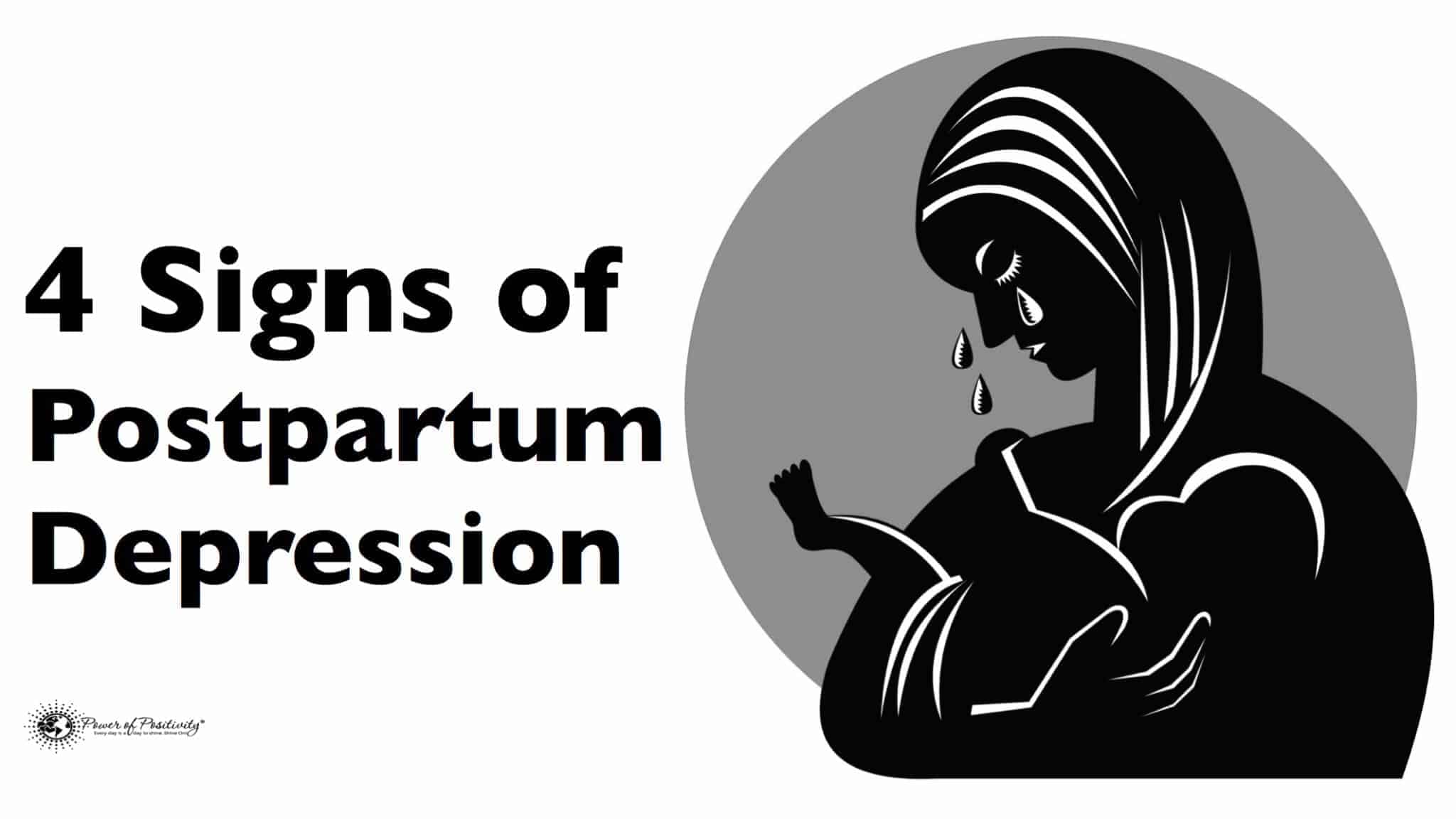The birth of a baby can trigger a jumble of powerful emotions, from excitement and joy to fear and anxiety. But it can also result in something you might not expect – depression. – The Mayo Clinic
With postpartum depression, feelings of sadness and anxiety can be extreme and might interfere with a woman’s ability to take care for herself or her family. – The National Institutes of Mental Health
The birth of a child is an event in a woman’s life that often brings a sense of overwhelming joy. An elated feeling of creating something beautiful and precious. This joy, despite any difficulties that may arise prior to or after birth, is likely to remain throughout the woman’s life.
But as is well known by now, complications prior to and after birth are possible. These complications can be tremendously difficult, perplexing, frustrating, and even dangerous. Difficulties throughout pregnancy and after birth can tax the woman’s physical and/or mental health, sometimes to a very unhealthy level.
A few new moms experience what is known as postpartum depression (PPD), which is the topic of this article. More specifically, we focus on the signs that someone may be suffering from the condition.
Here, we discuss four of the main signs of PPD as recognized by medical professionals. We’ll also provide some professional recommendations pertaining to treatment of PPD.
Difference between PPD and “Baby Blues”
It is vital to make a distinction between two similar yet very different conditions.
“Baby blues” is a common term used to describe the feelings of “worry, unhappiness and fatigue” that many women experience after giving birth. The National Institutes of Mental Health (NIMH) estimates that up to 80 percent of women experience “baby blues.” The abovementioned feelings are mild in comparison, and generally dissipate after a week or two.
PPD also evoke these feelings, but the degree to which they are experienced is magnified. Also, other symptoms will often surface.
Also important to understand that PPD is a recognized medical and mental health condition, and one that is less common than “baby blues,” but more common than one may think.
To understand the prevalence of PPD, consider that the condition exceeds annual (male and female) new cases of: Alzheimer’s disease, epilepsy, leukemia, multiple sclerosis, lupus, leukemia, Parkinson’s disease, and tuberculosis.
According to the Centers for Disease Control and Prevention (CDC), 11 to 20 percent of women who give birth each year experience PPD symptoms. Using a base average of 15 percent, this number equate to about 600,000 cases of PPD in the U.S. alone.
Here are 4 signs of postpartum depression:
1. Inability or unwillingness to make decisions
Anxiety is a near-universal symptom of those with PPD – and it is often extreme. For first-time mothers, this anxiety can even seem debilitating; making it much more difficult to make any decision.
But decision-making for those with PPD often involves fear, too. A woman with PPD is already have a tough time making choices, but when it comes to having to decide on something relating to baby care (e.g. feeding, nourishing), a sense of fear can take hold too. Mostly a fear of doing something wrong.
2. Fits of crying or emotional outbursts
Anyone that has experienced the onslaught of negative emotions brought on by depression can relate to this one. As with all PPD-related symptoms, the depressive feelings felt by those with the condition are magnified, making the person more susceptible to its effects.
Severe depression drastically changes the chemical makeup of the brain, including serotonin – the neurotransmitter responsible for mood stabilization. For mothers with PPD, this chemical alteration of the brain – combined with the inevitable stress that motherhood brings – can result in an overwhelming flood of emotions. This emotional buildup can manifest into fits of crying, anger, verbal outbursts, and other “erratic” behavior.
3. Exhausted, yet unable to sleep
To begin with, new mothers often do not get an adequate amount of sleep. Feeding and taking care of the child throughout the night is a common routine, after all. In most circumstances, when the child is asleep, the new mother will compensate for any sleep deficiencies by falling asleep herself.
However, due to a myriad of reasons (including those on this list), PPD patients often report the inability to fall asleep – a condition known as insomnia.
When the woman finally can fall asleep, the quality of sleep is often poor. Of course, the (already overtaxed) brain does not recharge thus; this unhealthy cycle further complicates an already difficult situation.
4. Thoughts of hurting self or baby
Although this sign is likely just a byproduct of abnormal brain activity, further exacerbated by extreme stress and anxiety, it is considered serious by medical professionals. Unfortunately, many PPD patients are too ashamed or embarrassed to seek out guidance for these thoughts.
But psychiatrists and clinicians are adamant in that there is no shame to seeking help. In fact, many women that have sought help received prompt reassurance, not to mention a treatment plan that can help them through this difficult time.
Treatment of PPD
Fortunately, several treatment options exist for someone suffering from PPD. The most common treatments of PPD involve talk therapy, counseling, medication, or a combination of the three.
Related article: 5 Ways to Stay Mentally Healthy
Per the Mayo Clinic, postpartum depression generally resides within six months with appropriate treatment. As with any other mental health condition, it is essential to continue treatment for the prescribed amount of time, even after feeling better.














